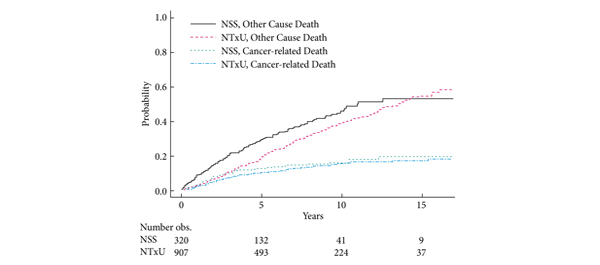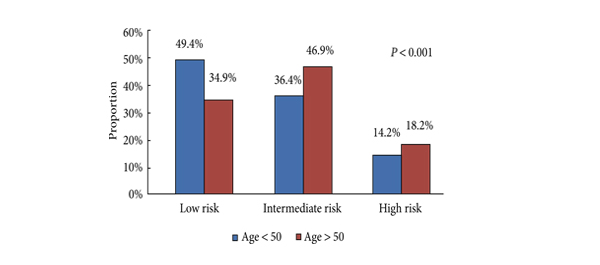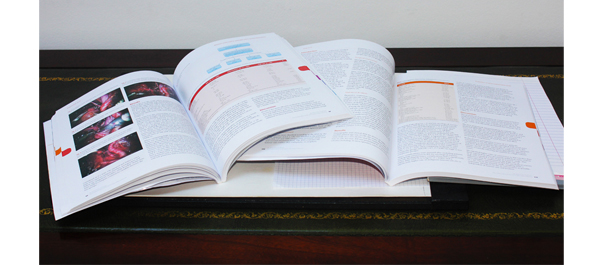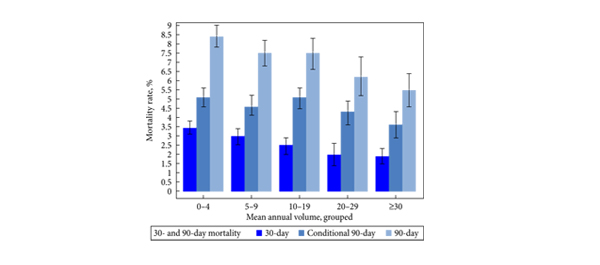
Editorial: Routine data expose a need for change
Withington et al. [1], in their analysis of changes in stress urinary incontinence (SUI) surgery in England, have tapped in to a rich seam of information which, as well as holding the promise of much more, also highlights a need for changed thinking about services and training. They have produced an excellent review of the use of Hospital Episode Statistics (HES) data to establish a pattern of changing surgical practice for the treatment of urinary incontinence in England. They rightly point…

Video: Urinary continence surgery in England
1 Comment
/
The changing face of urinary continence surgery in England: a perspective from the Hospital Episode Statistics database
John Withington, Sadaf Hirji and Arun Sahai
Guy's and St Thomas’ NHS Hospitals’Trust, King's College London, London, UK
OBJECTIVE
To quantify changes in surgical practice in the treatment of stress urinary incontinence (SUI), urge urinary incontinence (UUI) and post-prostatectomy stress incontinence (PPI) in England, using the Hospital Episode Statistics (HES) database.
PATIENTS…

Article of the week: Nephron-sparing management vs radical nephroureterectomy
Every week the Editor-in-Chief selects the Article of the Week from the current issue of BJUI. The abstract is reproduced below and you can click on the button to read the full article, which is freely available to all readers for at least 30 days from the time of this post.
In addition to the article itself, there is an accompanying editorial written by prominent members of the urological community. This blog is intended to provoke comment and discussion and we invite you to use the comment…

Editorial: Upper tract urothelial carcinoma: do we really need to burn down the house?
In this issue, Simhan et al. [1] use the Surveillance, Epidemiology, and End Results (SEER) database to compare outcomes of nephron-sparing and radical extirpative therapy for upper tract urothelial carcinoma (UTUC). Their study sheds some well-needed light on a difficult clinical dilemma.
A diagnosis of low- or moderate-grade, low-stage UTUC is akin to finding a spot of suspicious green mould on your attic drywall. The scale and potential danger of the problem may not be immediately apparent…

Video: Nephron sparing vs radical nephroureterectomy for UTUC
Nephron-sparing management vs radical nephroureterectomy for low- or moderate-grade, low-stage upper tract urothelial carcinoma
Jay Simhan, Marc C. Smaldone, Brian L. Egleston*, Daniel Canter†, Steven N. Sterious, Anthony T. Corcoran, Serge Ginzburg, Robert G. Uzzo and Alexander Kutikov
Division of Urologic Oncology, Departments of Surgical Oncology, *Biostatistics, Fox Chase Cancer Center, Temple University School of Medicine, Philadelphia, PA and †Department of Urology, Emory University…

Article of the week: Men under 50 should not be discouraged from radical prostatectomy
Every week the Editor-in-Chief selects the Article of the Week from the current issue of BJUI. The abstract is reproduced below and you can click on the button to read the full article, which is freely available to all readers for at least 30 days from the time of this post.
In addition to the article itself, there is an accompanying editorial written by prominent members of the urological community. This blog is intended to provoke comment and discussion and we invite you to use the comment…

Editorial: Radical prostatectomy at young age
Becker et al. [1] investigated a large sample of young patients (aged <50 years) who underwent radical prostatectomy during a 20-year period in a high-volume European centre. In this study [1], men aged <50 years had a significantly more favourable functional outcome (continence rates [0–1 pads] 97% vs 92%; International Index of Erectile Function [IIEF] score drop of 4 vs 8 points), compared with their older counterparts. Biochemical tumour control was higher in younger patients…

Video: RP for younger men – low risk and high survival rate
Functional and oncological outcomes of patients aged <50 years treated with radical prostatectomy for localised prostate cancer in a European population
Andreas Becker*†, Pierre Tennstedt*, Jens Hansen*, Quoc-Dien Trinh†, Luis Kluth‡, Nabil Atassi*, Thorsten Schlomm*, Georg Salomon*, Alexander Haese*, Lars Budaeus*, Uwe Michl*, Hans Heinzer*, Hartwig Huland*, Markus Graefen* and Thomas Steuber*
*Martini-Clinic, Prostate Cancer Center Hamburg-Eppendorf, Hamburg, Germany, †Cancer Prognostics…

Article of the week: Mortality after cystectomy is related to hospital volume
Every week the Editor-in-Chief selects the Article of the Week from the current issue of BJUI. The abstract is reproduced below and you can click on the button to read the full article, which is freely available to all readers for at least 30 days from the time of this post.
In addition to the article itself, there is an accompanying editorial written by prominent members of the urological community. This blog is intended to provoke comment and discussion and we invite you to use the comment…

Editorial: High hospital volume reduces mortality after cystectomy
In the current issue of BJUI, Nielsen et al. [1] assessed the role of hospital characteristics on the risk of short-term mortality in a contemporary cohort of patients with bladder cancer treated with radical cystectomy (RC) representing the USA population. In their investigation, the authors evaluated >35 000 undergoing RC included within the National Cancer Database. Interestingly, they showed that hospital volume represents an independent predictor of both 30- and 90-day mortality.…
